41 are non gmo labels required in europe
The Truth Behind GMO Labeling | GMO Answers European non-GMO labeling requirements also define GMOs as crops produced using biotechnology. What the non-GMO label doesn't mean: The non-GMO label doesn't always mean it's replacing a GMO alternative. Often, companies use the non-GMO label on foods that were never developed with biotechnology. Genetically modified organism - Wikipedia Labeling of GMO products in the marketplace is required in 64 countries. Labeling can be mandatory up to a threshold GM content level (which varies between countries) or voluntary. In Canada and the US labeling of GM food is voluntary, [331] while in Europe all food (including processed food ) or feed which contains greater than 0.9% of ...
Monsanto - Wikipedia The Monsanto Company (/ m ɒ n ˈ s æ n t oʊ /) was an American agrochemical and agricultural biotechnology corporation founded in 1901 and headquartered in Creve Coeur, Missouri.Monsanto's best known product is Roundup, a glyphosate-based herbicide, developed in the 1970s.Later the company became a major producer of genetically engineered crops. In …

Are non gmo labels required in europe
How GMOs Are Regulated in the United States | FDA The Standard establishes requirements for labeling foods that humans eat that are or may be bioengineered and defines bioengineered foods as those that contain detectable genetic material that has... Non-GMO labels are on the rise in Europe - but why? - FoodNavigator But why the need for non-GMO label at all if manufacturers have a legal requirement to be transparent about GM content? Alexander Hissting, managing director of the German Association of GM-free Food ( Verband Lebensmittel ohne Gentechnik ) told FoodNavigator: "The necessity comes … from the loopholes in the current EU labelling regime for ... FAQ - Menu Information - Contact Us | Chili's The Alcohol & Tobacco Tax & Trade Bureau (TTB), who regulates alcohol labeling, currently does not require alcohol suppliers to disclose allergen information on its labels. Therefore, out of an abundance of caution and concern for your health, we can’t recommend an alcoholic beverage that would eliminate the potential of consuming a certain ...
Are non gmo labels required in europe. Differing U.S. and European Perspectives on GMOs: Political ... - IATP Recently the United States and the EU have clashed over the validity of national labelling requirements on GMO agricultural products. The most controversial of proposed regulations would mandate segregation of GMOs from traditional crops, requiring labels on all seed products containing greater than a specified amount of GMO product. ENGA pushes for non-GMO food labelling across Europe - FoodNavigator "With our non-GMO label, we are trying to close a loophole in the EU GMO labelling legislation." According to EU legislation, milk, eggs and meat are not required to carry GMO labels if the animals that produced them were fed with genetically modified feed. If a producer wants to label its food as non-GMO, non-GMO feed must be used. The European Union on GMOs: Achieving compliance for your product Therefore, the EU has established a 0.9% GMO threshold, per ingredient, for application of the mandatory labeling requirement. "Genetically modified" labeling is not required if the percent GMO is no higher than 0.9% per ingredient, provided that any GMO presence is "adventitious" or "technically unavoidable." GMO Authorization What is bioengineered food? An agriculture expert explains Jan 21, 2022 · However, many consumers have demanded labels that let them know whether foods contain genetically modified material. In 2014, Vermont enacted a strict law mandating GMO food labeling.
Simply Lay's Sea Salted Thick Cut Potato Chips - 8.5oz : Target Bring a delicious, salty crunch to snack time with Lay's Sea-Salted Thick-Cut Potato Chips. Whether you're enjoying a movie with the family or hosting an outdoor barbecue, everyone will love dipping these thick-cut potato chips in salsa, French onion dip and more, or simply enjoying them on their own straight from the bag between meals. Organic 101: Can GMOs Be Used in Organic Products? | USDA Feb 21, 2017 · This is the thirteenth installment of the Organic 101 series that explores different aspects of the USDA organic regulations. The use of genetic engineering, or genetically modified organisms (GMOs), is prohibited in organic products. This means an organic farmer can’t plant GMO seeds, an organic cow can’t eat GMO alfalfa or corn, and an organic soup producer can’t … Non Gmo NON GMO is one of the fastest growing claims in the food industry in recent years. Most consumers in the European Union agree that genetic engineering should be avoided in food production, regardless of education level or nationality. GMOs create a pathway to advantages and benefits, but they also raise extremely important questions. Business News, Personal Finance and Money News - ABC News Sep 29, 2022 · Find the latest business news on Wall Street, jobs and the economy, the housing market, personal finance and money investments and much more on ABC News
EU - Labeling/Marking Requirements - International Trade Administration In addition, since January 1, 2019, manufacturers, importers, and authorized representatives of non-EU manufacturers have to register all products requiring energy labels in the European Product Database for Energy Label and Eco-Design, access to which is available to EU consumers. Devices for Use in Potentially Explosive Atmosphere (ATEX) GMO legislation - Food Safety directive 2001/18/ec does not provide for the involvement of the european food safety authority (efsa) on notifications under its part b (deliberate release of gmos for any other purpose than for placing on the market).conversely, this directive requires efsa to provide scientific output on notifications under part c of the directive (placing on … GMO Labeling Laws per Country - Global Food Safety Resource GMO Labeling Laws If you look at the table below, only three countries implement a complete and total ban of genetically engineered (GE) food both imported and cultivated. Most of the countries in the EU region, Australia and New Zealand implement mandatory labeling with up to 1% labeling threshold of GMO content. NON GMO in Europe The non-GMO claim closes the labeling gap in EU GMO legislation. Currently, only GM feeds are subject to GMO labeling, but not related food products such as milk, meat and eggs. Significant amounts of genetically modified soybeans, oilseed rapeseed and corn are imported for feed production. Unless the European legislator introduces a "GMO ...
How are GMOs labeled around the world? - Genetic Literacy Project It appears that no country requires labeling of foods produced with the aid of GM enzymes, including the vast majority of hard cheeses produced in the US and Europe. Such cheeses were traditionally...
Traceability and labelling - Food Safety There exist "GM-free labels" pointing out that, in addition to what is laid down by the EU legislation on GMOs, specific measures have been taken on a voluntary basis to strictly exclude the presence or the use of GMOs in some food or feed products. Such voluntary labels are possible provided that they are not misleading for the consumer.
Non-GMO labels are on the rise in Europe - but why? Non-GMO labels are on the rise in European countries - but unlike the US, EU legislation requires all food containing above trace levels of GM to be labelled. So is there even a need for GMO-free? Any product manufactured in the EU which contains more than 0.9% GM ingredient must be labelled as such. However, demand for GM-free food - containing no more than 0.1% GM ingredient, is growing ...
Standard Terms - EDQM An updated version of the Standard Terms database was released on 21 August 2017. A new tagging feature has been added, which will allow the introduction of ‘non-traditional’ Standard Terms, i.e. terms that are not intended for use in marketing authorisation applications and labelling, but for other specific purposes such as adverse-event reporting.
Related Posts - United States Mission to the European Union The regulation does not require labeling of food products that are not food ingredients, such as processing aids. Meat, milk or eggs obtained from animals fed with GM feed or treated with GM medicinal products do not require GM labeling. EU-harmonized legislation defining "non-GM", 'GM-free" or similar labeling terms does not (yet) exist.
Non-GMO Production in Europe - ENGA Non-GMO production has developed into a well-established quality standard in many European countries: at present in Austria, France, Germany, Slovenia, Italy, Hungary, Poland, the Czech Republic, Switzerland and Bosnia-Herzegovina laws or industry agreements are in force that regulate non-GMO labelling on a voluntary basis.
Preparing for GMO labeling in 2022 - Food Business News Manufacturers will be required to label products containing GMOs by 2022. The standard mandates the use of the term "bioengineered" instead of "GMO" in disclosures. It also allows a 5% ingredient...
Genetically modified food in the European Union - Wikipedia The coexistence of GM and non-GM crops has raised significant concern in many European countries and so EU law also requires that all GM food be traceable to its origin, and that all food with GM content greater than 0.9% be labelled. [35] Due to high demand from European consumers for freedom of choice between GM and non-GM foods.
Understanding Non-GMO labeling - Kabrita USA In Europe, all GMO ingredients must be legally declared on the label. This is the law and has been in effect for over a decade. As a result, all crops and ingredients grown or produced in Europe are predominantly Non-GMO. This applies to animal feed, which is typically comprised of Non-GMO grasses like alfalfa along with Non-GMO soy and corn.
Non-GMO labels are on the rise in Europe - but why? FeedNavigator: Non-GMO labels are on the rise in Europe - but why? EUR-Lex: EUR-Lex - l21154 - Food and Feed (GMO) Verband Lebensmittel Ohne Gentechnik e.V.: GMO-free Labeling; GMO-FREE EUROPE 2015: GMO transparency through labelling : mandatory GMO labelling vs voluntary GMO-free labelling; GMO labeling in the EU by Alexander Hissting, VLOG
Givenchy official site Discover all the collections by Givenchy for women, men & kids and browse the maison's history and heritage
FAQ - Menu Information - Contact Us | Chili's The Alcohol & Tobacco Tax & Trade Bureau (TTB), who regulates alcohol labeling, currently does not require alcohol suppliers to disclose allergen information on its labels. Therefore, out of an abundance of caution and concern for your health, we can’t recommend an alcoholic beverage that would eliminate the potential of consuming a certain ...
Non-GMO labels are on the rise in Europe - but why? - FoodNavigator But why the need for non-GMO label at all if manufacturers have a legal requirement to be transparent about GM content? Alexander Hissting, managing director of the German Association of GM-free Food ( Verband Lebensmittel ohne Gentechnik ) told FoodNavigator: "The necessity comes … from the loopholes in the current EU labelling regime for ...
How GMOs Are Regulated in the United States | FDA The Standard establishes requirements for labeling foods that humans eat that are or may be bioengineered and defines bioengineered foods as those that contain detectable genetic material that has...
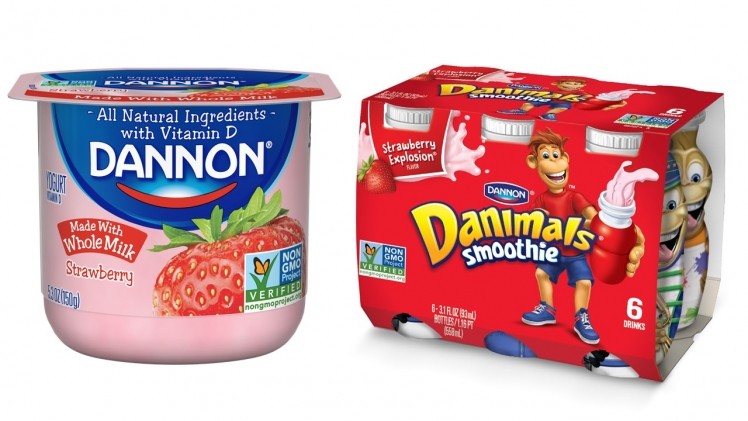
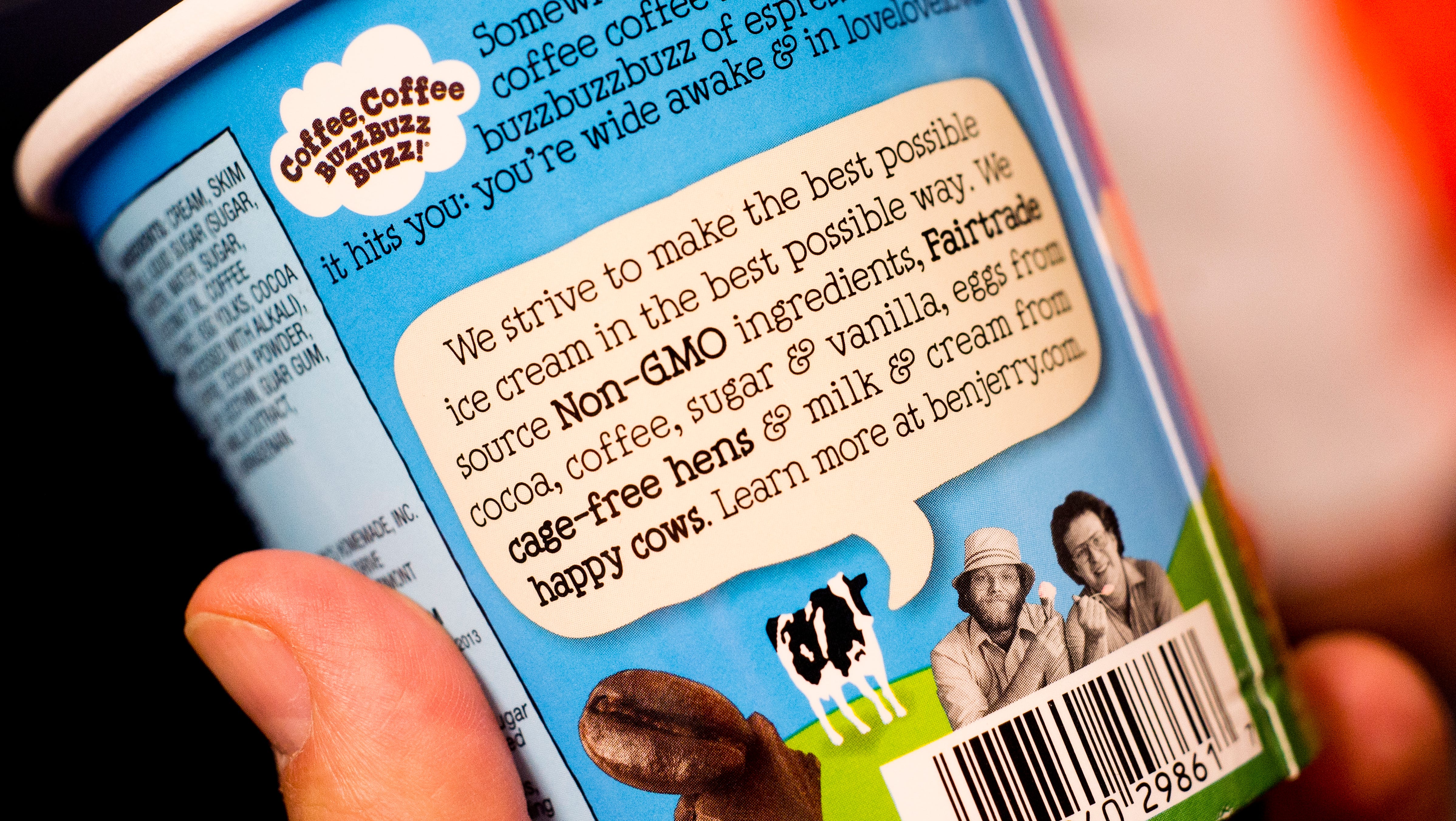


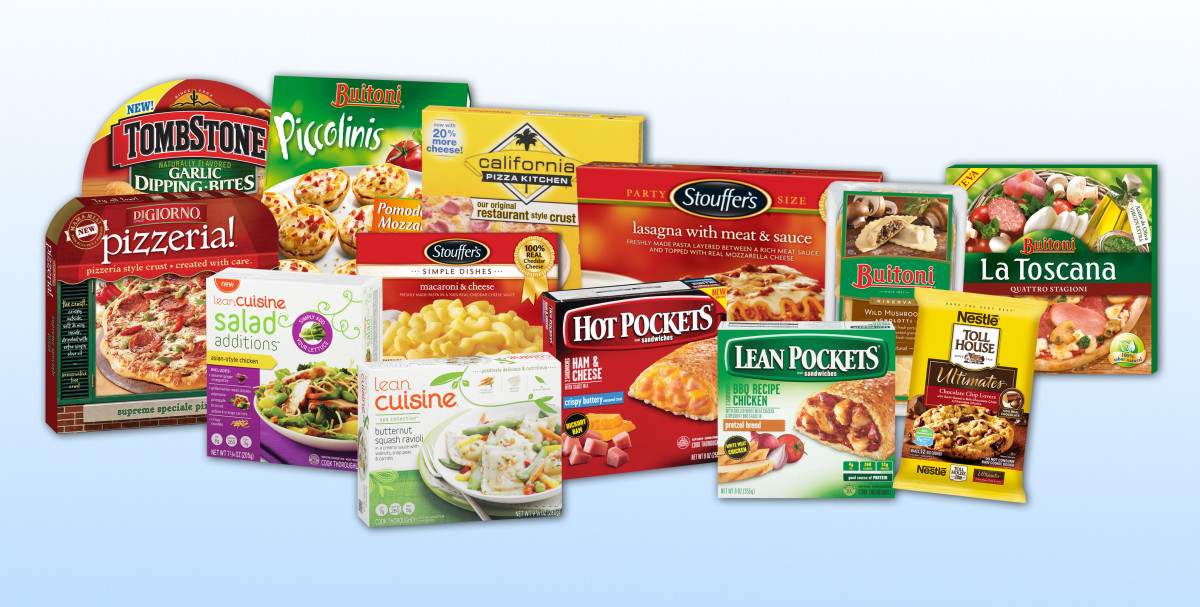
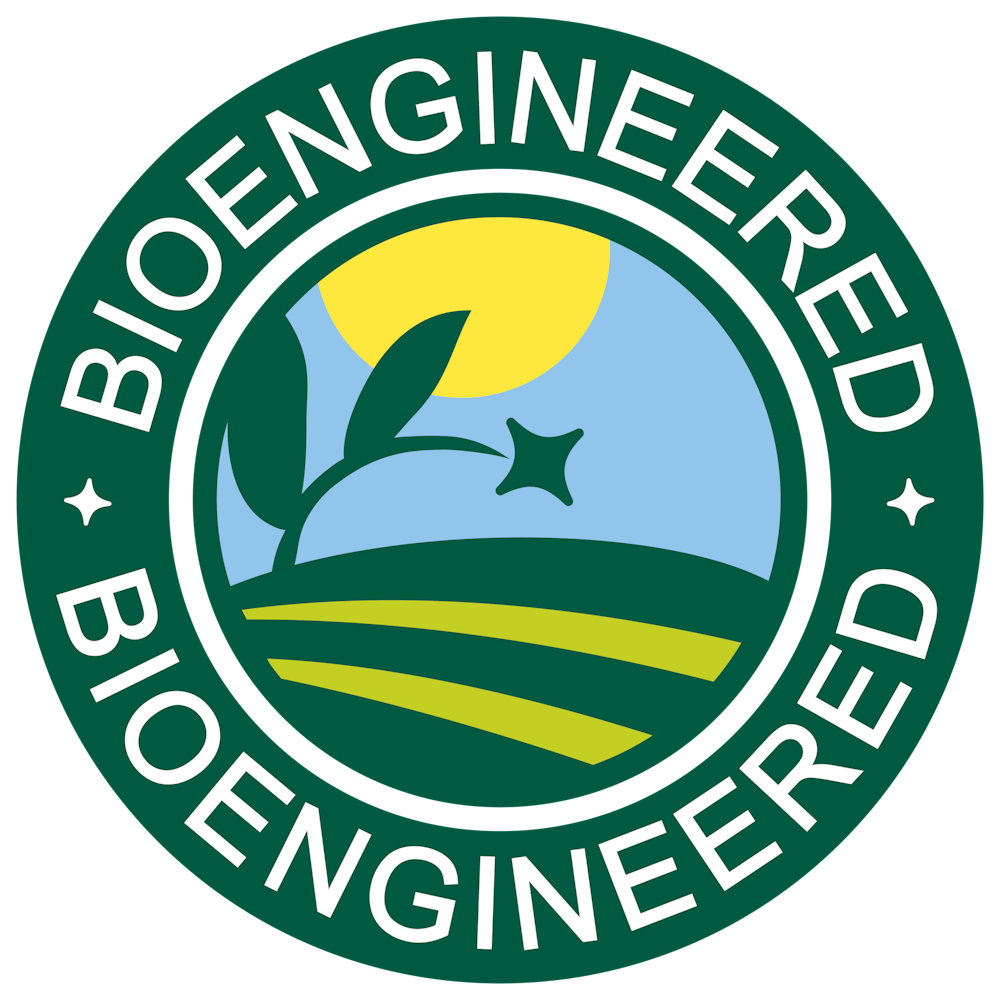
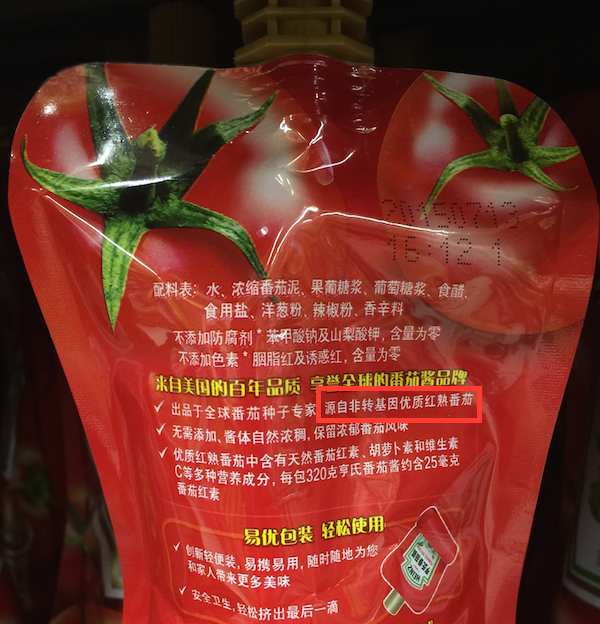
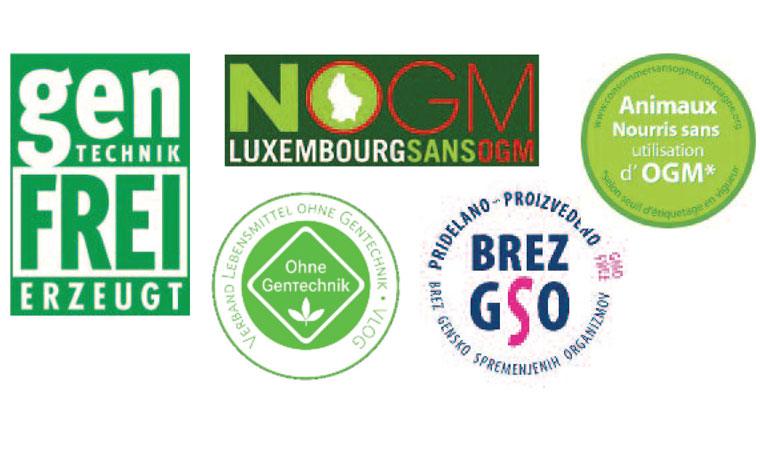



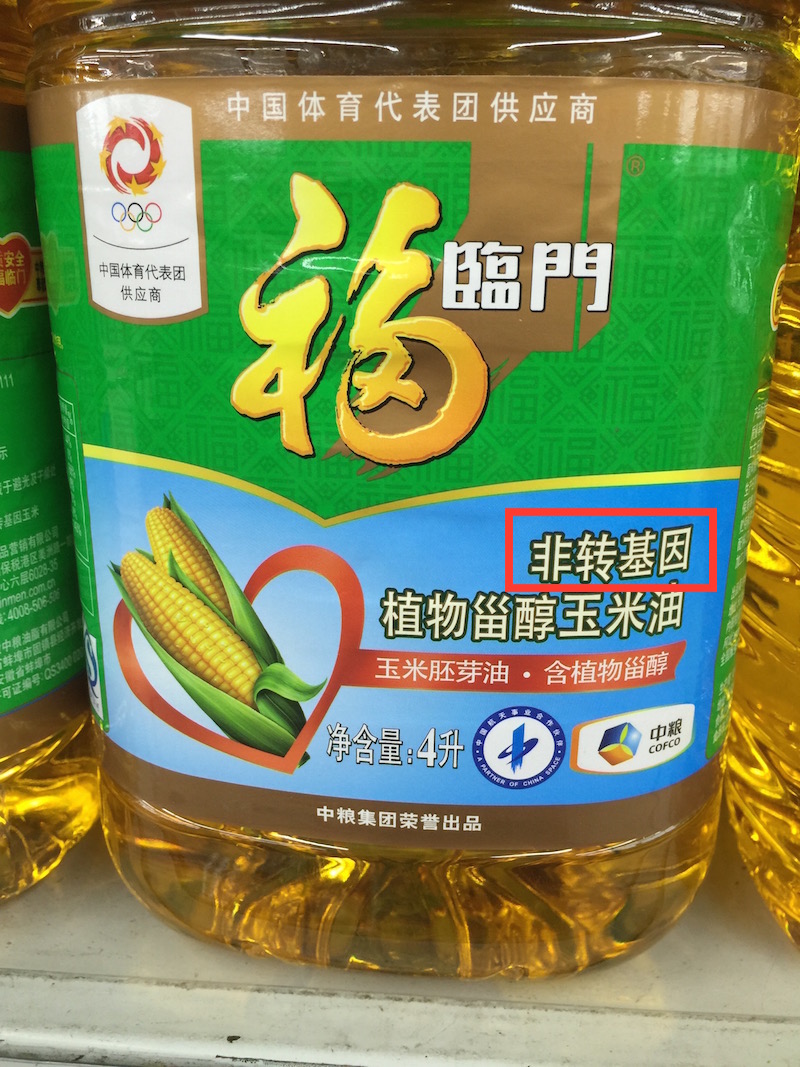

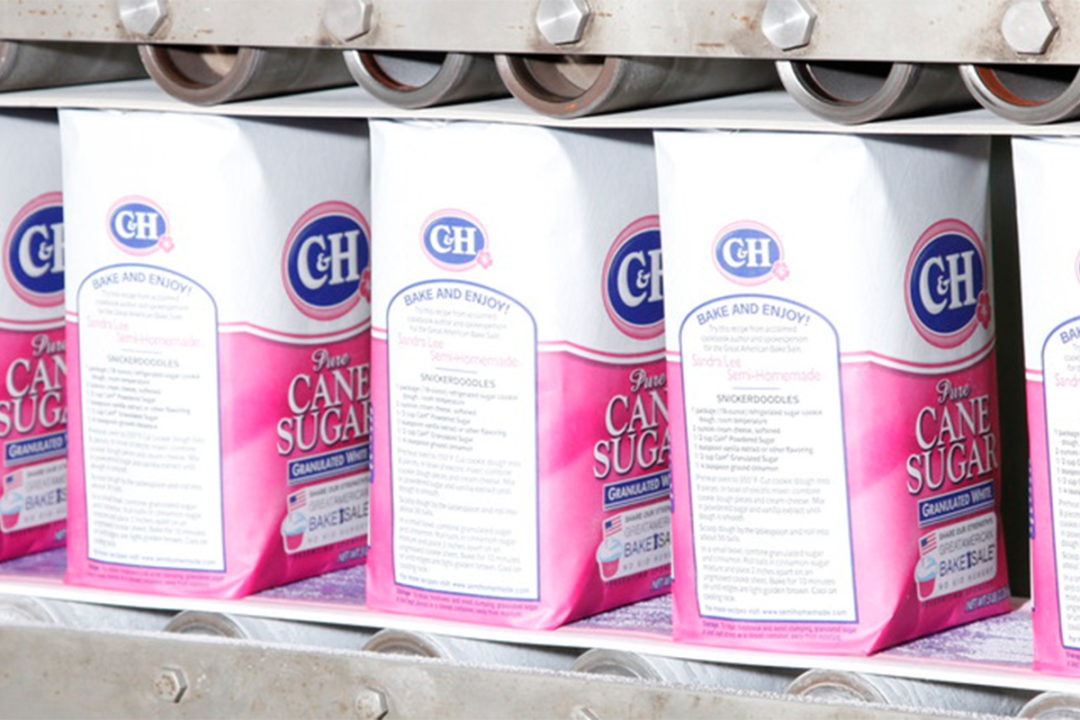
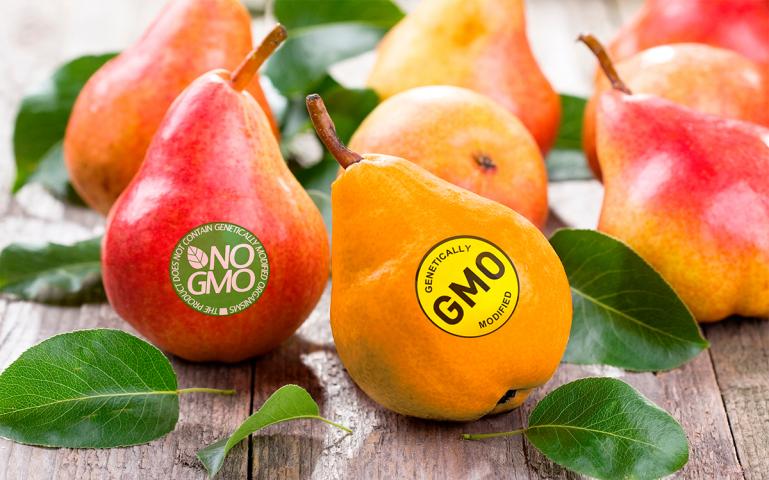
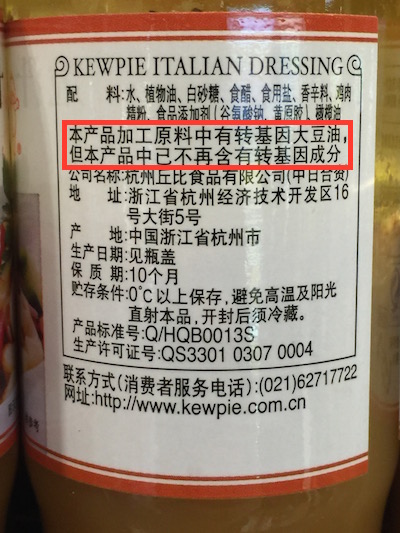
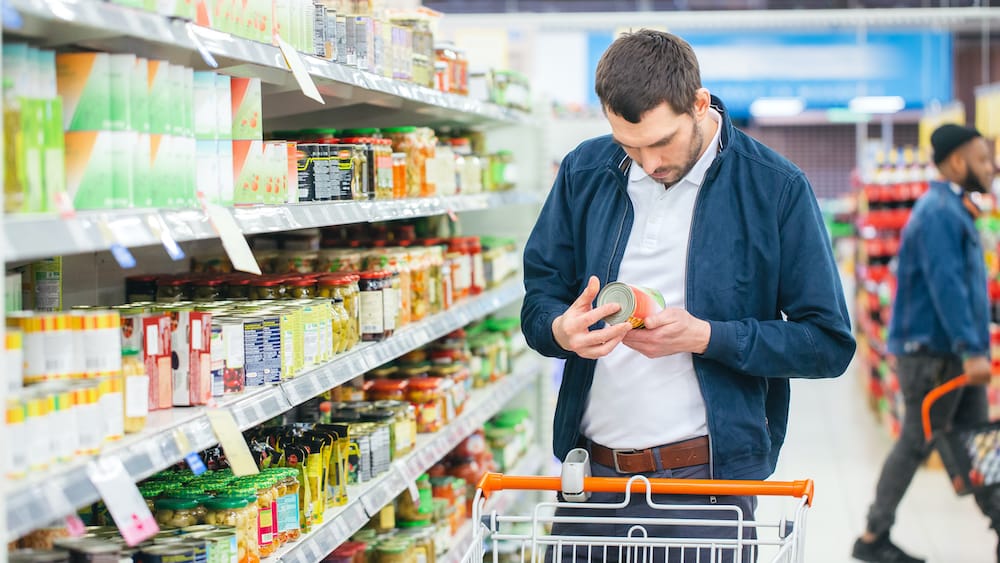




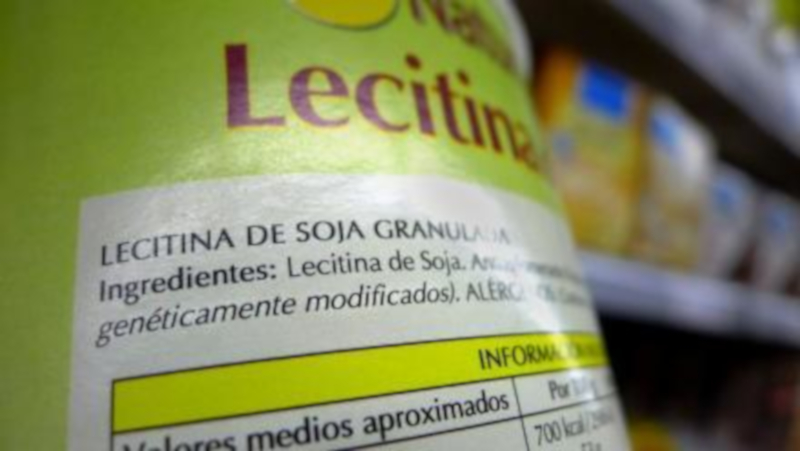



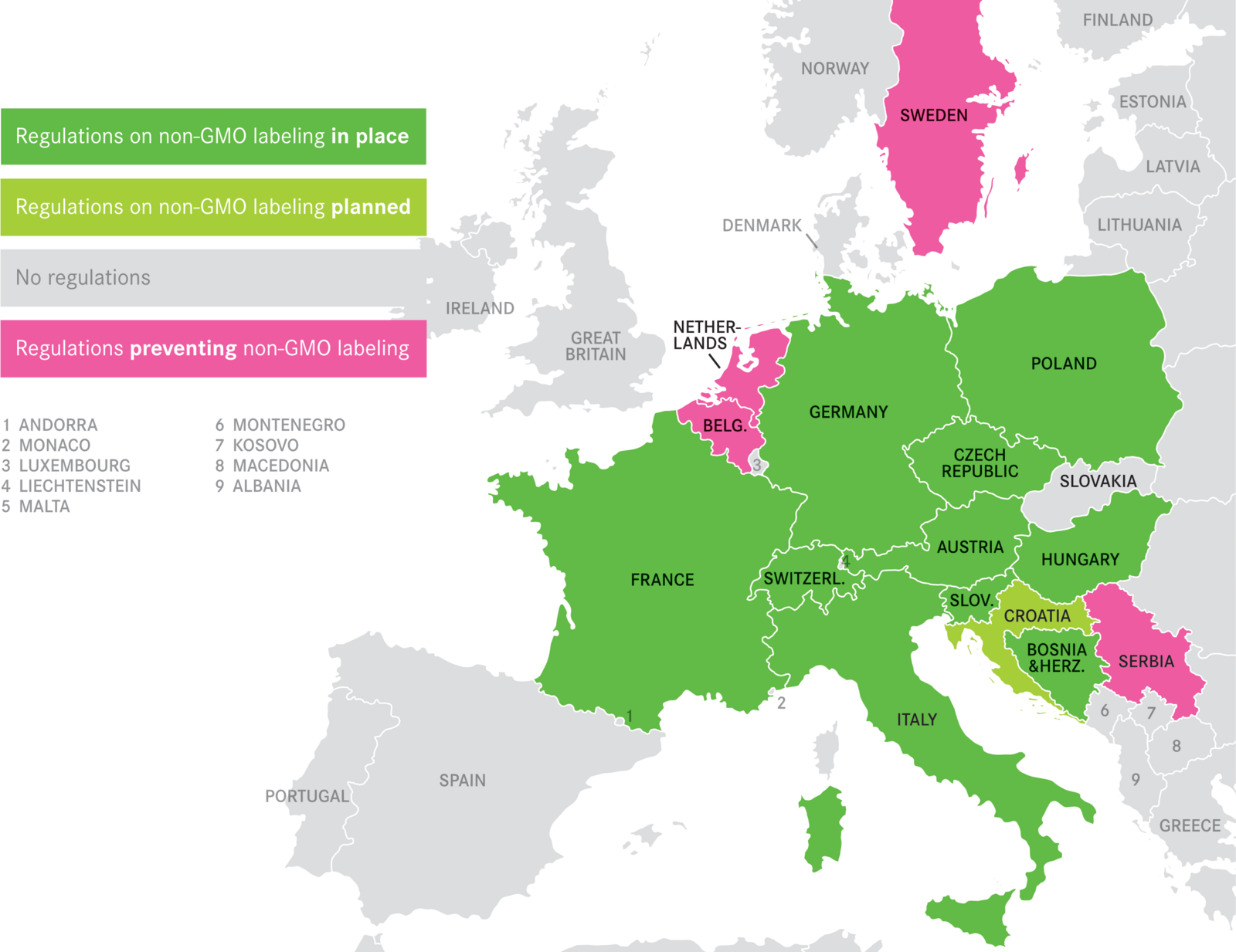



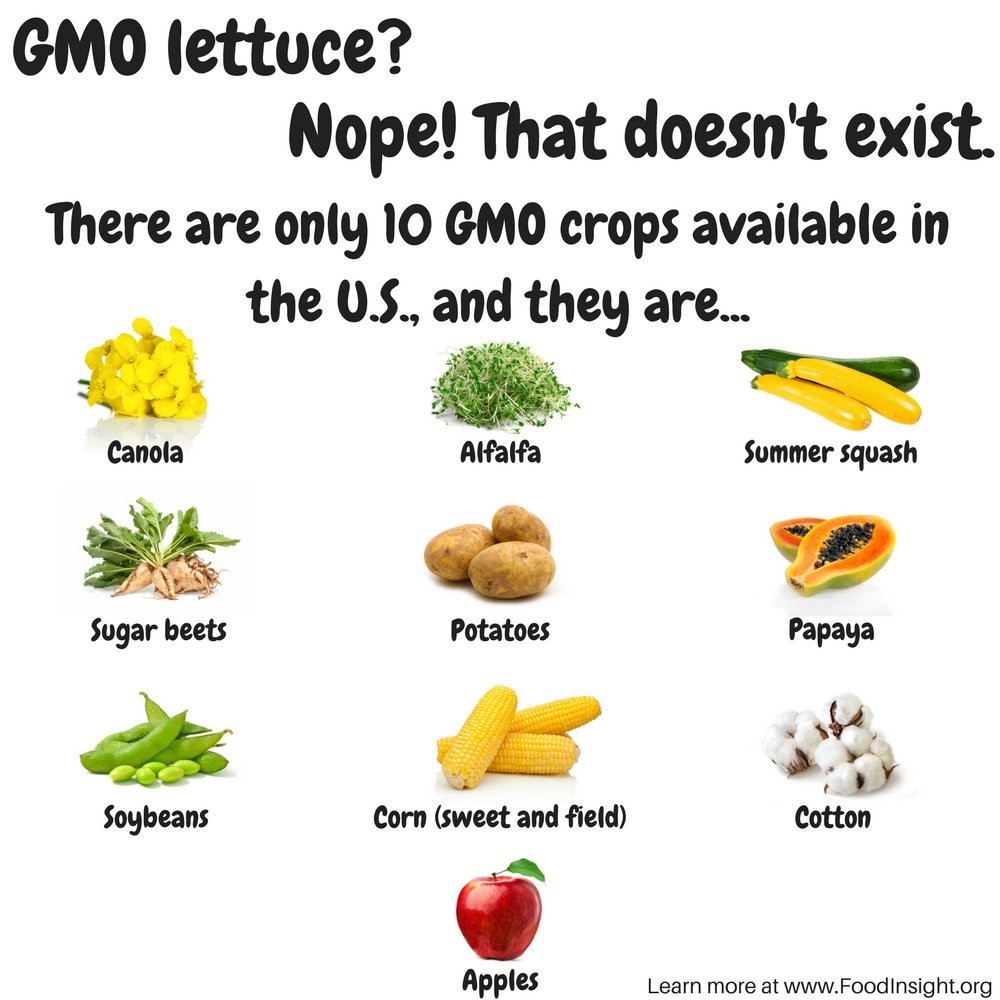

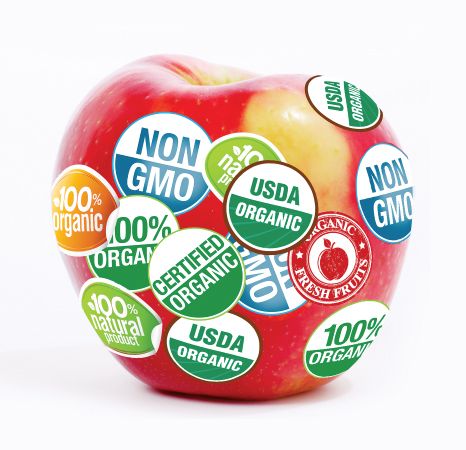
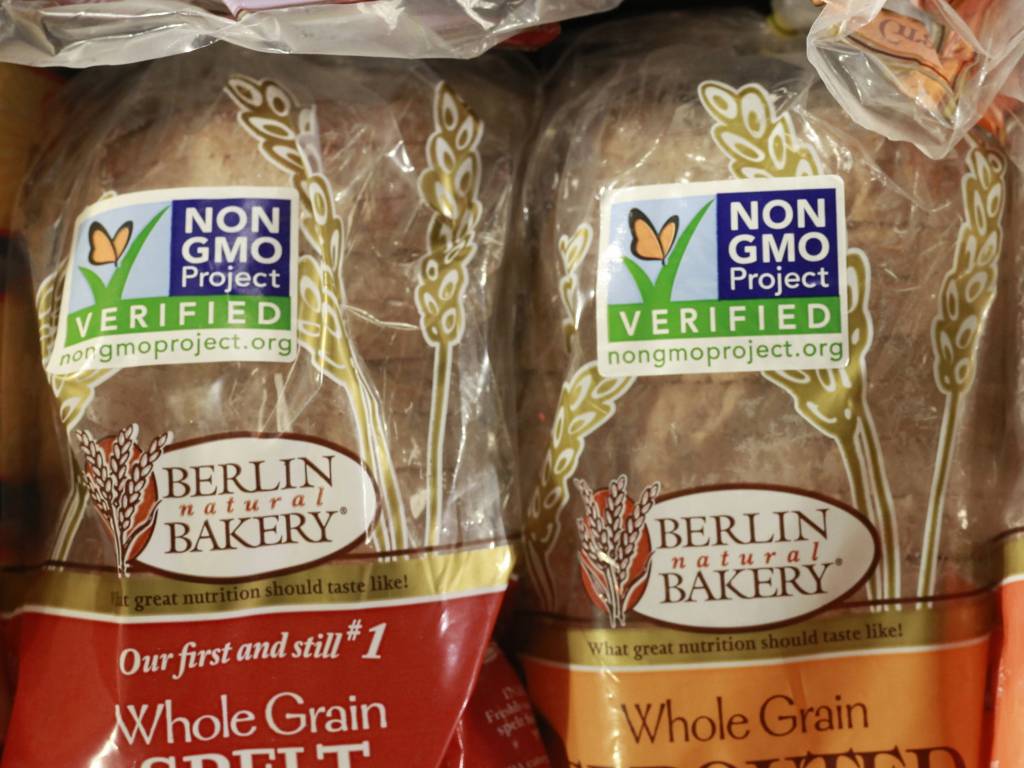


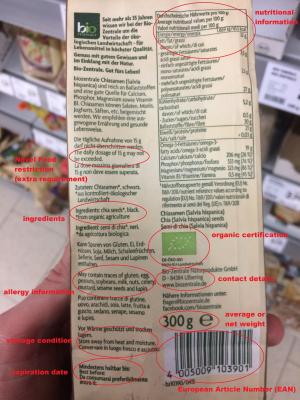

Post a Comment for "41 are non gmo labels required in europe"